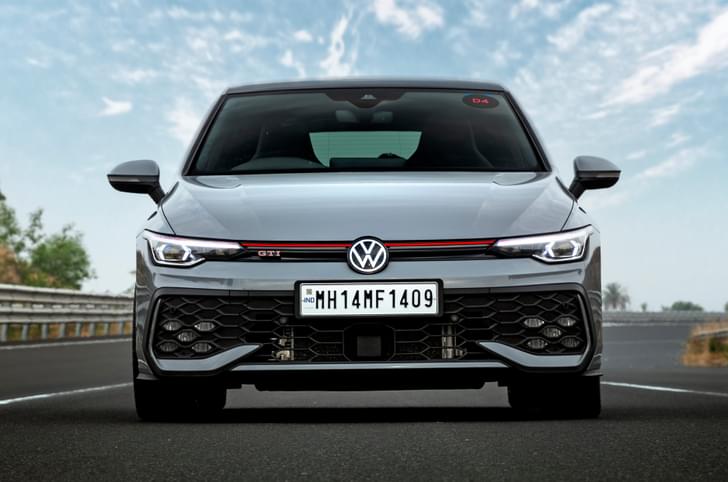Volkswagen has revealed future powertrain plans which include 48V mild hybrids and advanced petrol engines. Electrification will form an essential part of the strategy and includes both, front-wheel-drive and four-wheel-drive, 48V mild hybrid technology.
The mild hybrid is powered by a 150hp 1.5 TSI turbocharged petrol engine equipped with an 8kW belt-integrated starter generator (BISG), giving fast stop-start, boosting engine torque and recouping energy to store in the car's 48V lithium ion battery. A 'mild hybrid plus' version incorporates an additional 35hp electric motor driving either the front or rear axle. This feeds extra torque to the driveline and recovers energy through regenerative braking, with the engine shut down to save fuel. The powered rear axle drive aids traction and improves cornering balance in slippery conditions. The mild hybrid systems are expected to give a fuel consumption benefit of around 2.5kpl over the regular 1.5 TSI engine.
Petrol engine plan
A new version of the 130hp 1.5 TSI engine equipped with a variable geometry turbocharger is claimed to have the highest compression ratio for a turbocharged engine and to deliver best-in-class fuel economy. The engine also runs on the Miller Cycle – a special high-efficiency operating regime. It's set to go on sale in the UK in the Golf 1.5 TSI, in the near future. A 160hp version of the engine is under development, as is a bi-fuel prototype that can run on both compressed natural gas (CNG) and petrol.
A new seven-speed DSG automatic gearbox, dubbed the DQ381, is capable of transmitting 420Nm torque and is expected to give a CO2 saving of 10g/km over the original DQ250 unit, which was introduced in 2003.
Bio and synthetic fuels are also on the way and are expected to “revolutionise the environmental balance sheet for internal combustion engines,” according to a company spokesman.
Diesels remain important
Diesels also remain high on Volkswagen's agenda. “Diesel has a long, clean future ahead of it,” said the spokesman. According to Volkswagen's senior diesel engineer, Markus Khöne, Dieselgate-related recalls are now fully approved in both North America and Europe. Independent testing has verified that all Volkswagen diesels fall within the legislated limits for NOx emissions. So far, 6.5 million vehicles have been updated and conversions are continuing at the rate of one lakh cars, per week.
Plans to take diesel technology forward include a combination of engine improvements to reduce the amount of NOx created inside diesel engines, dual selective catalytic reduction (SCR) systems and NOx storage catalysts (NSC). E-boosting technology being tested in prototype form creates a slower pressure build-up to reduce NOx and delivers a punchier response.








































